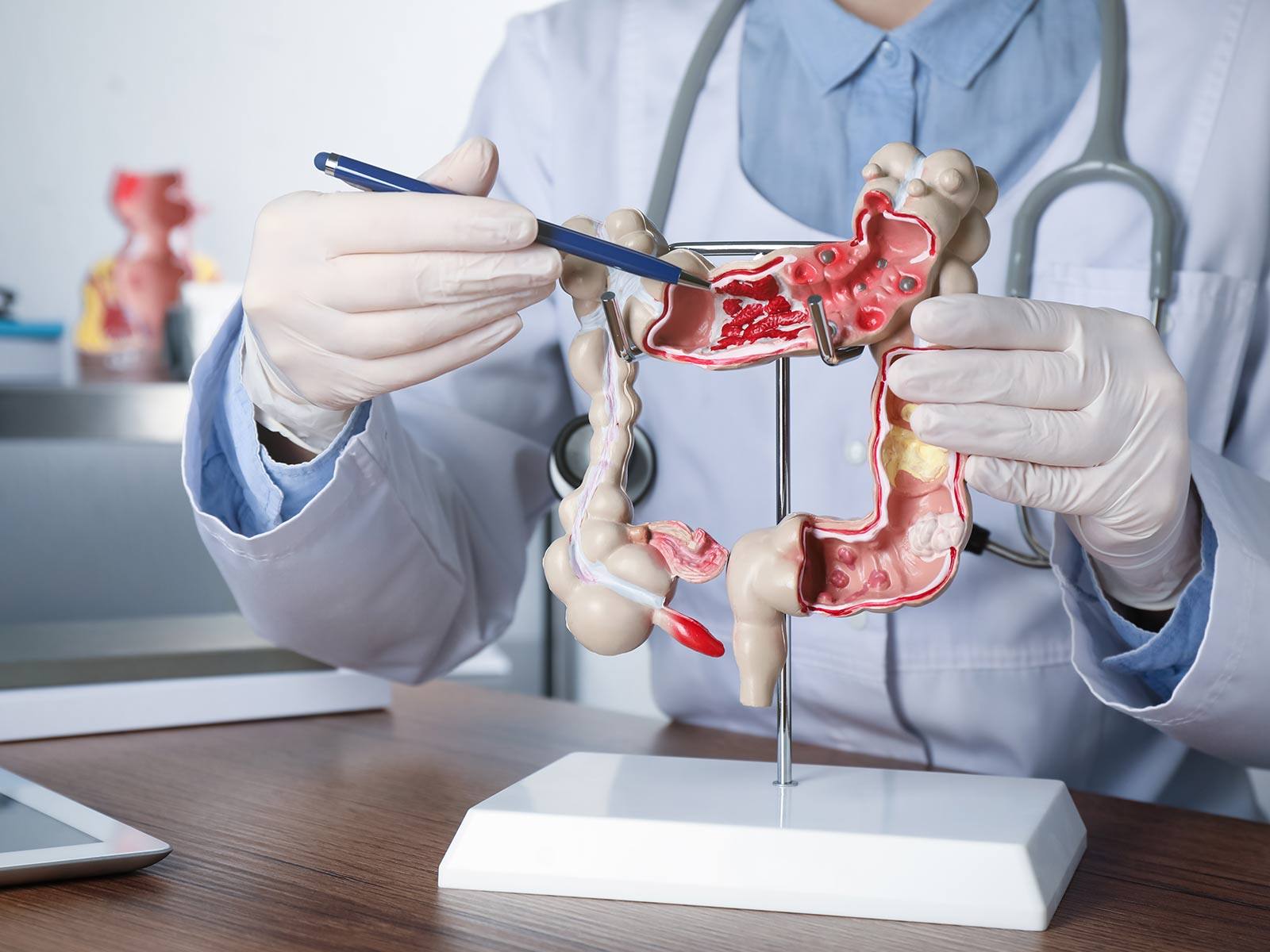
A duodenal polyp is another little type of bump that develops in the first section of your small similar (the duodenum). Most of them are harmless but a few of them might be cancers or require amputation to avert complications.
Many people with duodenal polyps have no symptoms. When signs do appear, they may include:
The exact cause isn't always clear, but possible factors include:
GastroDoxs offers special diagnostic services and effective in the treatment of duodenal polyps and other diseases with the emphasis on patient-centered care and complex solutions of the digestive system. They have the best endoscopic technology that is active and safe, in addition to their board-certified gastroenterologists, with the help of previous scanners, and a follow-up plan developed personally to ensure your safety, comfort, and good attitude. Prepared to get straight on and para-medical treatment? Request your appointment now and make the first step towards optimal digestion.
We've successfully treated more than 1K patients, helping individuals improve their digestive health and overall well-being through expert, personalized care.
With over 20 years of experience, GastroDoxs has been a trusted provider of gastroenterology care, focusing on delivering the best outcomes for patients
Duodenal polyps are not very widespread, and their identification has mostly occurred due to routine endoscopic examinations.
Some polyps, like adenomas, can develop into cancers, which is why regular follow-up is necessary.
It is the ICD-10 code that a healthcare provider uses to document a patient’s history of duodenal polyps in their medical record.
No. Polyp removal is done under sedation, so patients generally do not experience pain during the procedure.
Most patients return to normal activities within 1-2 days with minimal discomfort.
Typically, a soft diet is recommended for the first day, followed by a normal diet as advised by the doctor.
Follow-up endoscopies are usually planned every 1-3 years, depending on the size, type, and pathology of the polyp.
A pathology outline is a laboratory report that describes the nature of the excised polyp and assesses the risk of malignancy.
Small spotting is normal and usually not visible; severe bleeding is rare and can be treated immediately if it occurs.
While not guaranteed, a high-fiber diet, maintaining good gut health, and adhering to regular examinations can reduce the likelihood of developing new polyps.